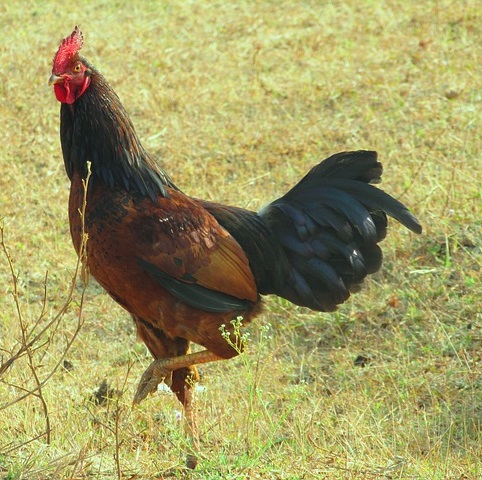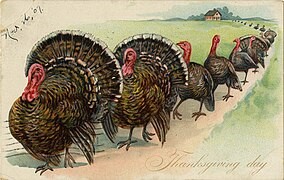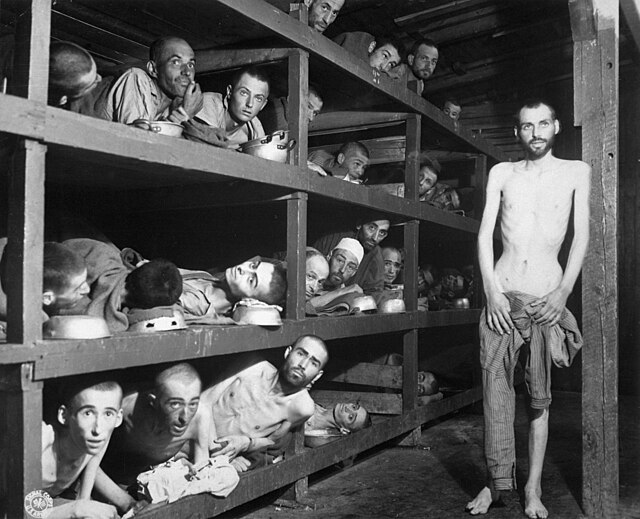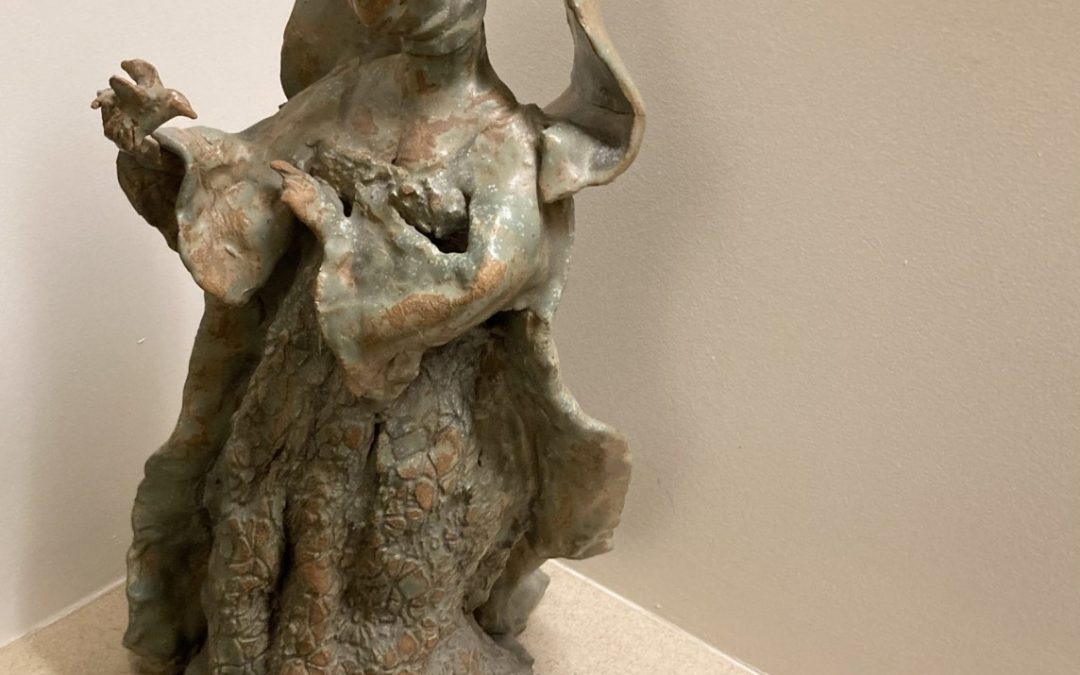
by Richard Subber | Dec 7, 2024 | Human Nature, Reflections, Tidbits
roosters know much…
An anonymous and potentially wise person said:
“The older I get, the more I understand
why roosters just scream to start their day.”
…and one of my favorite authors says she’s learned from others about the merits of this quick morning prayer:
“Whatever!”
I used to recite this one when I rolled out of bed:
“It’s show time!”
* * * * * *
Copyright © Richard Carl Subber 2024 All rights reserved.
Book review: The Sea Runners
…it informs, it does not soar…
by Ivan Doig
–
My first name was rain: A dreamery of poems with 53 free verse and haiku poems,
and the rest of my poetry books are for sale on Amazon (paperback and Kindle)
and free in Kindle Unlimited, search Amazon for “Richard Carl Subber”
* * * * * *

by Richard Subber | Dec 3, 2024 | Book reviews, Books, Human Nature, Joys of reading, My poetry, Poetry, Reflections, Theater and play reviews
unforgettable…
Movie review and book review:
Atonement
Atonement is a story of lives of irredeemable sadness. Ian McEwan wrote the book that is faithfully portrayed in this 2007 film (rated R, 123 minutes)—it got seven Oscar nominations—starring Keira Knightly (Cecilia), James McAvoy (Robbie), Romola Garai (child Briony), Saoirse Ronan (18-year-old Briony), and Vanessa Redgrave (mature Briony).
In brief: Briony, a child, tells a dreadful lie about her sister’s lover, forcing Cecilia and Robbie to live separate, desperately tormented lives during World War II.
This poem is my “Thumbs Up” review of the movie and the book.
Unforgettable
This memory is lava hot,
it mingles, lava slow,
in all my thoughts,
in all my mind.
It is a crumble, peat, dark,
peat rich, no single whole,
but bits of all.
I cannot grasp it entire.
It fills me,
it is full of me,
full with my dread imaginings,
full with my discarded dreams,
so full…
It burns, it sears,
a red haze in my every gaze,
a scarlet shackle on each heartbeat.
I accept the impotence of atonement.
My long-ago childish deed cannot be undone,
that indulgence in excitement
and attention and novelty
and vengeance and purest love.
Unbidden, I saw an act I didn’t understand,
two lovers, I cherished them,
their coupling had no inner meaning for me,
yet showed they had more love for each other
than each for me…
Later, a twisted crime he did not—could not—commit,
yet I accused—“I saw him”—I lied,
to hurt him and to keep her, apart, for me.
That lie broke them.
At that moment, the words tasted brave
and older than my years.
The taste became gall.
Later, I was to know that I killed them.
My life has been my penance.
Now I understand what I could not see
and could not then feel.
Now I feel their horror that I invented
in place of their happiness.
Now I endure the unhappiness
they could not escape,
the terror born of a child’s simple plan
in a child’s heart.
…I keep those false words—“I saw him”—
spoken in righteous innocence,
in unknowable ignorance,
in unremembered pleasure…
I did not know I was trading my portion of happiness
for a memory that I keep
in a hole in my heart.
* * * * * *
Movie review. Book review. Copyright © Richard Carl Subber 2024 All rights reserved.
Good Will Hunting, a movie about love (review)
Robin Williams nails it…
–
My first name was rain: A dreamery of poems with 53 free verse and haiku poems,
and the rest of my poetry books are for sale on Amazon (paperback and Kindle)
and free in Kindle Unlimited, search Amazon for “Richard Carl Subber”
* * * * * *

by Richard Subber | Nov 21, 2024 | Human Nature, Reflections, Tidbits
the truth thing…
“Truth lies open for all…”
Seneca the Younger (c. 4BCE:65CE)
his Moral Letters, 33.11
ain’t it the truth…
* * * * * *
Copyright © Richard Carl Subber 2024 All rights reserved.
Book review: The Financier
Theodore Dreiser’s villain…
–
Above all: Poems of dawn and more with 73 free verse poems,
and the rest of my poetry books are for sale on Amazon (paperback and Kindle)
and free in Kindle Unlimited, search Amazon for “Richard Carl Subber”
* * * * * *

by Richard Subber | Nov 19, 2024 | Human Nature, My poetry, Poetry, Reflections
76 trombones…
Grace
As we gather here
we learn once more
that each of us is one,
that we hear our own music,
and yet we know
that 76 trombones
sound better than one.
We learn once more
that we are family,
and we like each other.
Food probably was the first thing
that humans shared.
It’s a nice tradition.
Let’s be grateful
for our good food
and our good fellowship.
Savannah, GA
November 24, 2022
* * * * * *
My poetry. Copyright © Richard Carl Subber 2024 All rights reserved.
Book review: The Bridges of Madison County
If you’re looking for
highly stoked eroticism
and high-rolling lives
that throw off sparks when they touch,
look elsewhere.
by Robert Waller
–
My first name was rain: A dreamery of poems with 53 free verse and haiku poems,
and the rest of my poetry books are for sale on Amazon (paperback and Kindle)
and free in Kindle Unlimited, search Amazon for “Richard Carl Subber”
Your comments are welcome—tell me what you’re thinking.
* * * * * *

by Richard Subber | Nov 12, 2024 | Book reviews, Books, History, Human Nature, World history
a corpse in the mirror
Book review:
Night
by Elie Wiesel (1928-2016)
Buchenwald survivor
Stella Rodway, trans.
New York: Bantam Books, 1958
109 pages
In Night, Elie Wiesel tells his story of being a teenage boy in the death camps of Nazi Germany during World War II.
He uses the necessary words, and he speaks from the depths of his being.
He lost his mother, his father, and his young sister in the camps.
He was liberated from Buchenwald by American soldiers on April 11, 1945.
Wiesel recalls that after he was freed, he saw his reflection in a mirror for the first time since he was transported:
“From the depths of the mirror, a corpse gazed back at me.”
* * * * * *
Book review. Copyright © Richard Carl Subber 2024 All rights reserved.
Home Team: Poems About Baseball (book review)
Edwin Romond hits another homer…
–
As with another eye: Poems of exactitude with 55 free verse and haiku poems,
and the rest of my poetry books are for sale on Amazon (paperback and Kindle)
and free in Kindle Unlimited, search Amazon for “Richard Carl Subber”
* * * * * *

by Richard Subber | Nov 7, 2024 | Human Nature, My poetry, Poetry, Reflections
in stiff embrace…
duchess with a bird
The hennin is the mode,
it weighs upon her head
but she does not wonder
that it claims the eye,
it is a tower, but a trifle,
the flaring horns are innocent
of finery or fancy,
they trail alike to capes
that hide much of her gown.
She flaunts her wealth and her self,
and marvels as she stands alone
in stiff embrace of the tiny bird,
her new universe, a bird’s horizon,
without joy, nor caper,
she cannot twirl.
The bird does not incline to fly,
it has no song,
quiet instants escape their time,
the bird is mystic,
it does not flail or flee,
she moves her empty hand to no avail,
together they make a tableau.
She who has no name
does not think to share a word,
she feels no need to seek for more,
the bird is indistinct, content,
it stays.
She is a duchess with a bird,
she tilts her head,
her double-horned hat flares,
it makes a scene,
it conjures trailing musics,
and pomp of court.
July 27, 2024
Inspired by sculpture at Birch Creek 315, Linden Ponds, Hingham, MA
Revised based on feedback from Dee Bayne
* * * * * *
My poetry. Copyright © Richard Carl Subber 2024 All rights reserved.
–
Above all: Poems of dawn and more with 73 free verse poems,
and the rest of my poetry books are for sale on Amazon (paperback and Kindle)
and free in Kindle Unlimited, search Amazon for “Richard Carl Subber”
Your comments are welcome—tell me what you’re thinking.
* * * * * *





